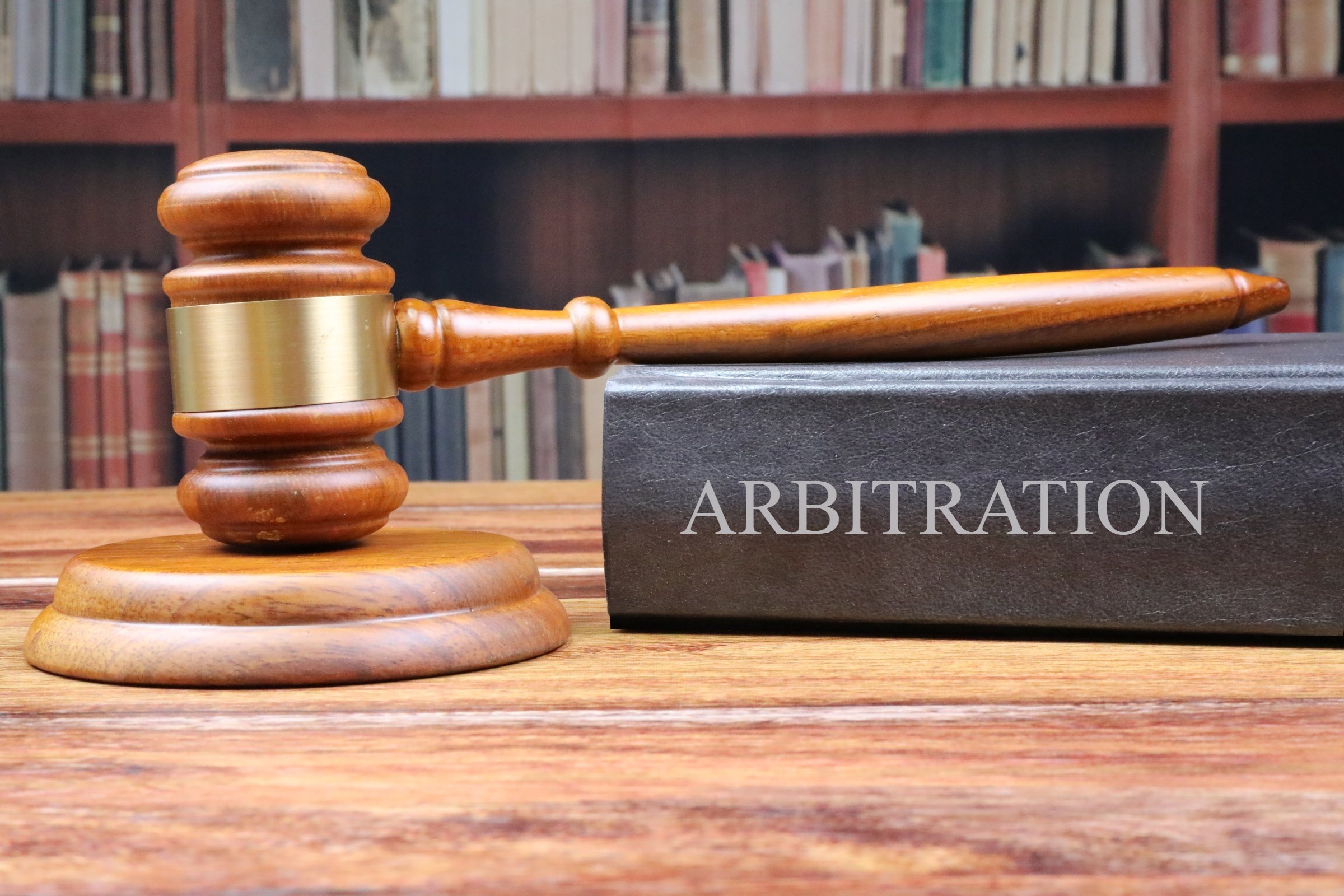Singapore as a Leading Hub for International Arbitration

Global trade and cross-border investment have transformed the way disputes are managed between corporations, investors, and even governments. With businesses operating across multiple jurisdictions, the need for efficient, neutral, and enforceable dispute resolution mechanisms has never been greater. Arbitration, particularly in international matters, provides a trusted avenue for settling conflicts outside traditional courtrooms. Among global arbitration centers, Singapore has emerged as one of the most influential destinations, offering a modern, neutral, and highly supportive environment for resolving international disputes.
Why Singapore?
Over the last two decades, Singapore has positioned itself as a world-class center for arbitration. The city-state’s strong legal framework, neutrality, and geographical accessibility make it a natural choice for parties seeking fair resolution to cross-border disputes. One of the strongest indicators of this success is the increasing number of cases filed under international arbitration Singapore, with parties across Asia, Europe, and the Americas recognizing the city’s reliability in handling complex disputes.
A Neutral Jurisdiction for Global Parties
One of the primary reasons parties prefer Singapore is its neutrality. Businesses involved in disputes often hesitate to submit to the national courts of their counterpart, fearing bias or lack of familiarity with the legal system. Singapore, being a politically stable and legally neutral jurisdiction, provides a balanced playing field for parties from diverse legal and cultural backgrounds.
Legal Framework and Arbitration-Friendly Laws
The legal foundation supporting arbitration in Singapore is one of its strongest assets. The Arbitration Act governs domestic arbitration, while the International Arbitration Act (IAA) applies to international disputes. Both frameworks emphasize party autonomy, procedural flexibility, and enforceability of arbitral awards. Furthermore, Singapore is a signatory to the New York Convention on the Recognition and Enforcement of Foreign Arbitral Awards, which ensures awards made in Singapore can be enforced in more than 160 countries worldwide.
This robust framework reassures parties that their arbitration process will be respected, and awards will be recognized across borders.
The Role of Institutions
Singapore is home to prominent arbitration institutions that provide organizational and procedural support. The Singapore International Arbitration Centre (SIAC), for example, has earned a global reputation for efficiency, neutrality, and innovation. The institution offers well-structured arbitration rules, panels of experienced arbitrators, and facilities designed to accommodate large-scale disputes.
Additionally, Singapore’s judiciary strongly supports arbitration by limiting court intervention and ensuring that arbitral awards are upheld except in rare circumstances. This judicial support is a significant factor in why arbitration thrives in the city-state.
Accessibility and Connectivity
Singapore’s geographical location at the crossroads of Asia makes it highly accessible to parties from across the world. With one of the busiest airports globally and excellent connectivity, it is convenient for arbitrators, lawyers, and disputing parties to attend proceedings. This accessibility strengthens Singapore’s reputation as a neutral hub for resolving disputes between parties from different continents.
Types of Disputes Commonly Arbitrated in Singapore
The wide scope of cases resolved in Singapore demonstrates its adaptability and relevance in international dispute resolution. Some of the most common disputes include:
- Commercial Disputes: Involving cross-border contracts, distribution agreements, and mergers.
- Construction and Infrastructure Projects: Given Singapore’s proximity to Asia’s fast-growing economies, infrastructure-related disputes are prevalent.
- Energy and Natural Resources: Oil, gas, and renewable energy conflicts often involve parties choosing Singapore as the forum.
- Investment Disputes: Arbitration between foreign investors and host states under investment treaties.
- Shipping and Maritime Disputes: As one of the world’s largest ports, Singapore is a natural venue for maritime arbitration.
Advantages of Arbitration in Singapore
Arbitration in Singapore offers several advantages that continue to attract global parties:
- Expertise of Arbitrators: Arbitrators with industry-specific knowledge are available, ensuring well-informed decisions.
- Confidentiality: Sensitive business information remains private, unlike public court proceedings.
- Efficiency: Institutions like SIAC emphasize streamlined procedures, reducing time and cost.
- Multilingual Capability: Proceedings can be conducted in English or other languages, enhancing inclusivity.
- Supportive Infrastructure: World-class facilities and advanced technology support both physical and virtual hearings.
These benefits ensure that Singapore remains a preferred venue for parties who want fairness, neutrality, and efficiency in dispute resolution.
Challenges and Considerations
While Singapore offers many advantages, parties should remain aware of potential challenges:
- Costs: Arbitration can still be costly, particularly in high-value disputes.
- Complex Procedures: Despite efforts at simplification, international arbitration can involve complex procedural steps.
- Cultural Differences: With parties from diverse regions, cultural expectations in communication and negotiation may differ.
However, most of these challenges can be mitigated through careful planning, clear arbitration clauses, and experienced legal representation.
Trends in Singapore Arbitration
Singapore continues to adapt to global trends in dispute resolution. Some notable developments include:
- Virtual Hearings: The use of digital platforms for arbitration, accelerated by the pandemic, is now common practice.
- Diversity Initiatives: Greater emphasis on appointing diverse panels of arbitrators.
- Green Arbitration: Efforts to reduce environmental impact through electronic submissions and paperless proceedings.
- Specialized Arbitration Rules: Tailored rules for sectors such as construction, maritime, and technology disputes.
These trends showcase Singapore’s commitment to remaining innovative and responsive to global arbitration needs.
Preparing for Arbitration in Singapore
For parties considering arbitration in Singapore, preparation is key:
- Draft comprehensive arbitration clauses that specify Singapore as the seat of arbitration.
- Choose arbitrators with expertise relevant to the dispute.
- Maintain thorough documentation and evidence management.
- Understand Singapore’s legal framework and enforcement mechanisms.
- Consider cultural and linguistic factors for smooth proceedings.
By planning carefully, parties can maximize the benefits of arbitration in Singapore while reducing potential risks.
Conclusion
Singapore has established itself as a leading hub for international arbitration, offering neutrality, efficiency, and enforceability on a global scale. Supported by modern laws, experienced arbitrators, and world-class facilities, the city-state continues to attract businesses and investors seeking fair resolution to cross-border disputes. As international commerce and investment expand, arbitration in Singapore will play an even more vital role in ensuring that conflicts are resolved in a just, efficient, and globally respected manner.







